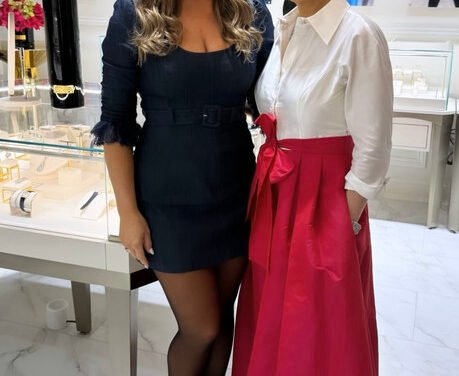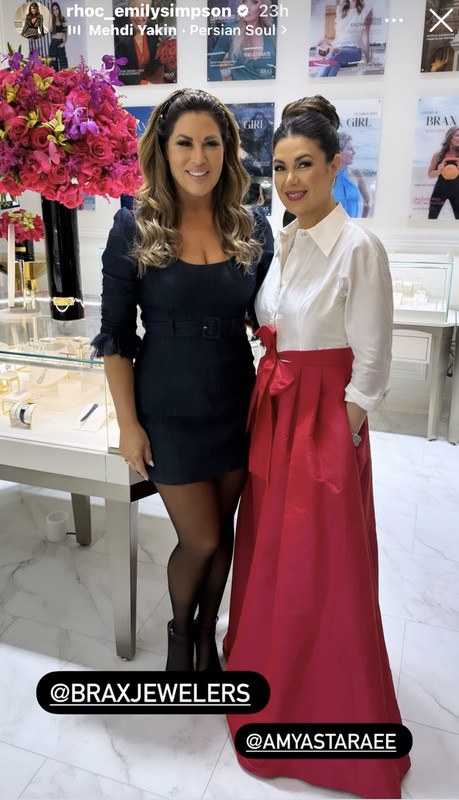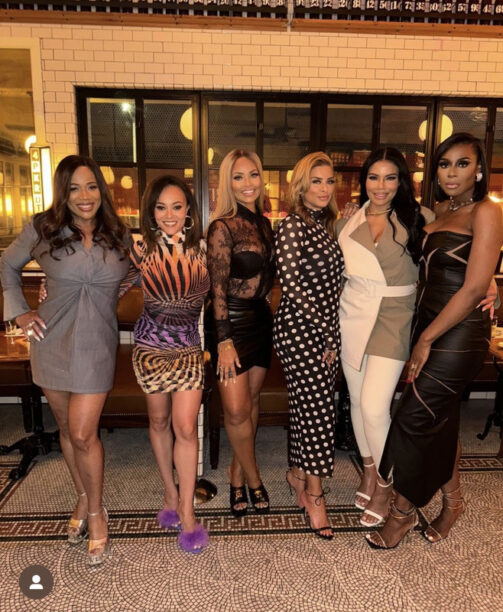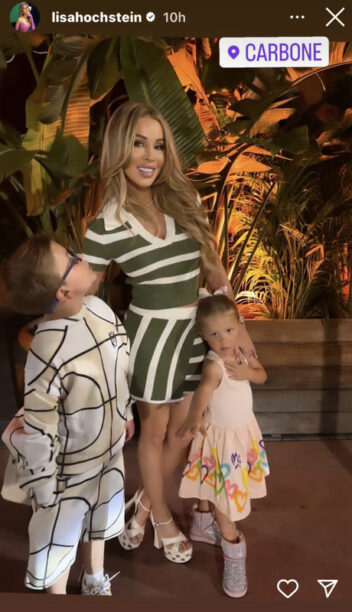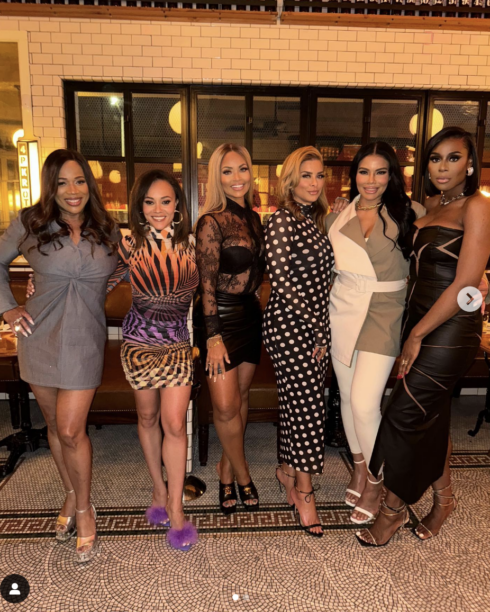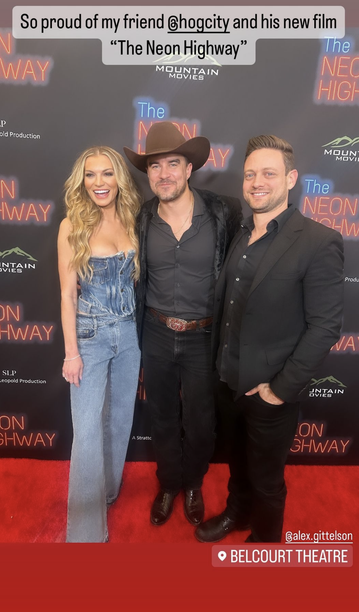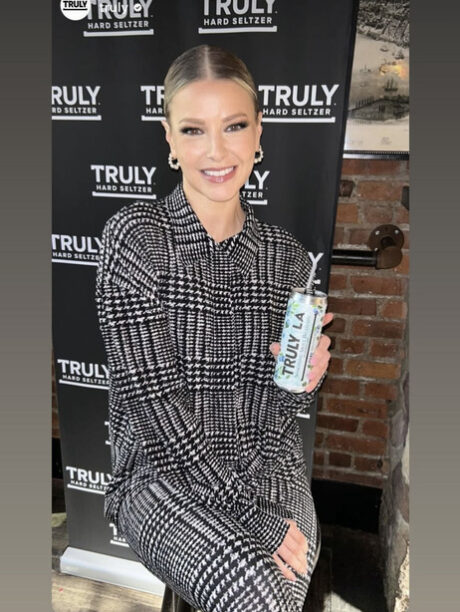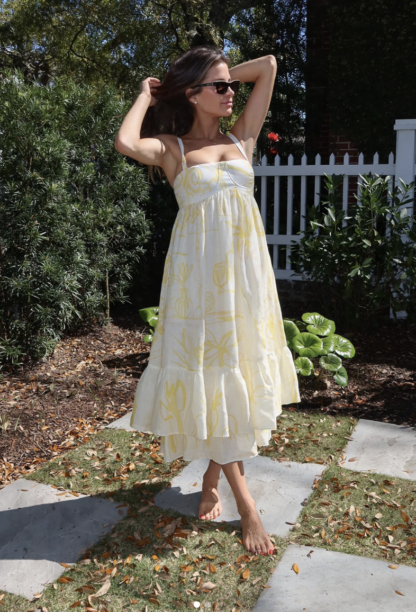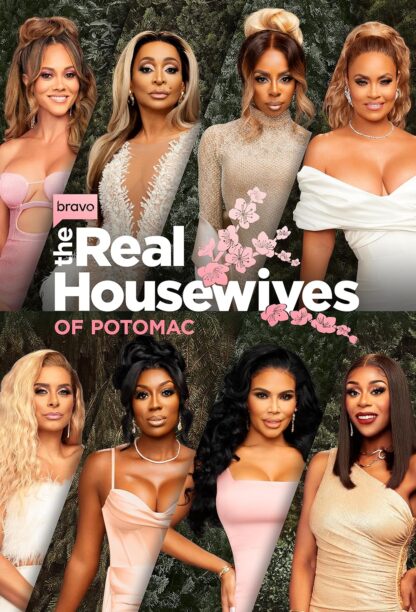March Is the Month for Long Shots in Dating

Dating? Ok, just go with me here. Stay with me. This is about dating. I’m a sports fan – I hit Spring Training on Sunday in Florida with the Red Sox and Yankees and watched my team wipe out the opponent. And now I’m caught up in March Madness and was glued to multiple channels a few nights ago. And saw some things that reminded me of dating. (After over 25 years of being a dating coach, I can compare any sport to dating… you’ll probably hear me write soon about my idol Messi and comparing soccer to dating).
Is online dating a long shot? I don’t think so.
As I watched long odds Oakland University from Michigan (who?) take down #3 seed Kentucky, I thought of all those fairy tales… in dating and sports. Remember when the Red Sox were down 3 games to nothing in the World Series and came back to win the next 4?
So, How Is This Similar to Dating?
Reaching for the Long Shot
It’s tempting to always date the same type (same look, same ethnicity, same job, etc.) as you have in the past but those long shots (different ethnicity, look, hobbies, career) can sometimes pay off in a huge way.
The upset/the surprise. Maybe you didn’t find your Prince Charming in the first round, but the dance is just beginning.
Listen To Your Dating Coach – Not Your Friends
Oakland walked on the court knowing public opinion was against them, but it didn’t stop these men. The Oakland coach has been there for 40 years – and finally scored. And then I have clients who after two weeks on an online app or dating site want to throw in the towel – when the magic could be right around the corner. 40 years! Hey, you can meet someone in 3-6 months online with the right strategy.
Attitude Matters
Positive attitudes can take you all the way to the final four… or more. I can tell when I talk to a new client on the phone what their odds are most of the time – so much comes from their mindset. And, if they don’t have that, I do my darndest to change their attitude.
Steve, a client of mine in Los Angeles, in his 60s, generally dated the LA stereotype model, aspiring actress, etc. I found a pretty nurse and he said, no way’’. But I’m pretty convincing and said, “What the heck, Steve? It’s only a date.” Vanessa (the nurse) and Steve just got back from a trip to Seville, Spain, and he called to ask me if it was too soon to propose. Oh, happy day for me. (and Steve).
Only Making Safe Bets? Time to Go Out on the Ledge
Janet, 61, an NYC client was only dating the Wall Street types. She was also married to one. While looking through potential dates online, I saw Mark, a fireman/stand-up comedian, and she said I was crazy. But I liked his midwestern values and his sense of humor. Janet is super witty with an infectious laugh.
“Try him,” I said. His profile was well-written, down-to-earth, humble, and sincere. He was adorable from what I could see on paper. Janet texted to thank me this week, and said she’d never laughed so hard in her life or felt warm butterflies each time she saw him. Date 5 coming up Saturday. Long shot yes. But what did she have to lose except an hour of her time?
You Don’t Quit in the First Round
Sometimes it’s a windy road with unexpected surprises. Month one online she might not have been there – and suddenly new people pop up in week 5 or week 7.
You pick an underdog as your boyfriend or girlfriend – chances are they are going to work harder for your trust and love. Nobody wants a cocky ball hog.
My Own Story
Last night, Jeff (my fiancée who I met over a year ago online) told me I was Kentucky and he was Oakland. The underdog. No, I disagree – he’s not the underdog but he’s definitely not the stereotype I looked for online. But when I read his profile, I sent him a message.
Other men that I reached out to always commented on looks or what I did professionally. Not this guy. His message back to me read, “You know why I’d like to have lunch with you? Not because you’ve sold multiple companies but that you host Thanksgiving for 40 people each year and do all the cooking. That’s pretty amazing.”
I sort of fell in love with that message as family and friends are my number one priority. And he was a hundred to one shot. He was my 2023 FAU. (The surprise team from last year who I ranked high in my betting pools this year.)
I like long shots. Many things I have done career-wise and in life have been long shots.
Take a chance. You could be Oakland and find that person of your dreams.
Let’s Have a Conversation:
Do you like long shots – in sports and dating? Have you adopted a “can do” and “I beat the odds” attitude or do you give up easily? What do you expect from online dating and are you ready to do things a bit differently?
Read More






